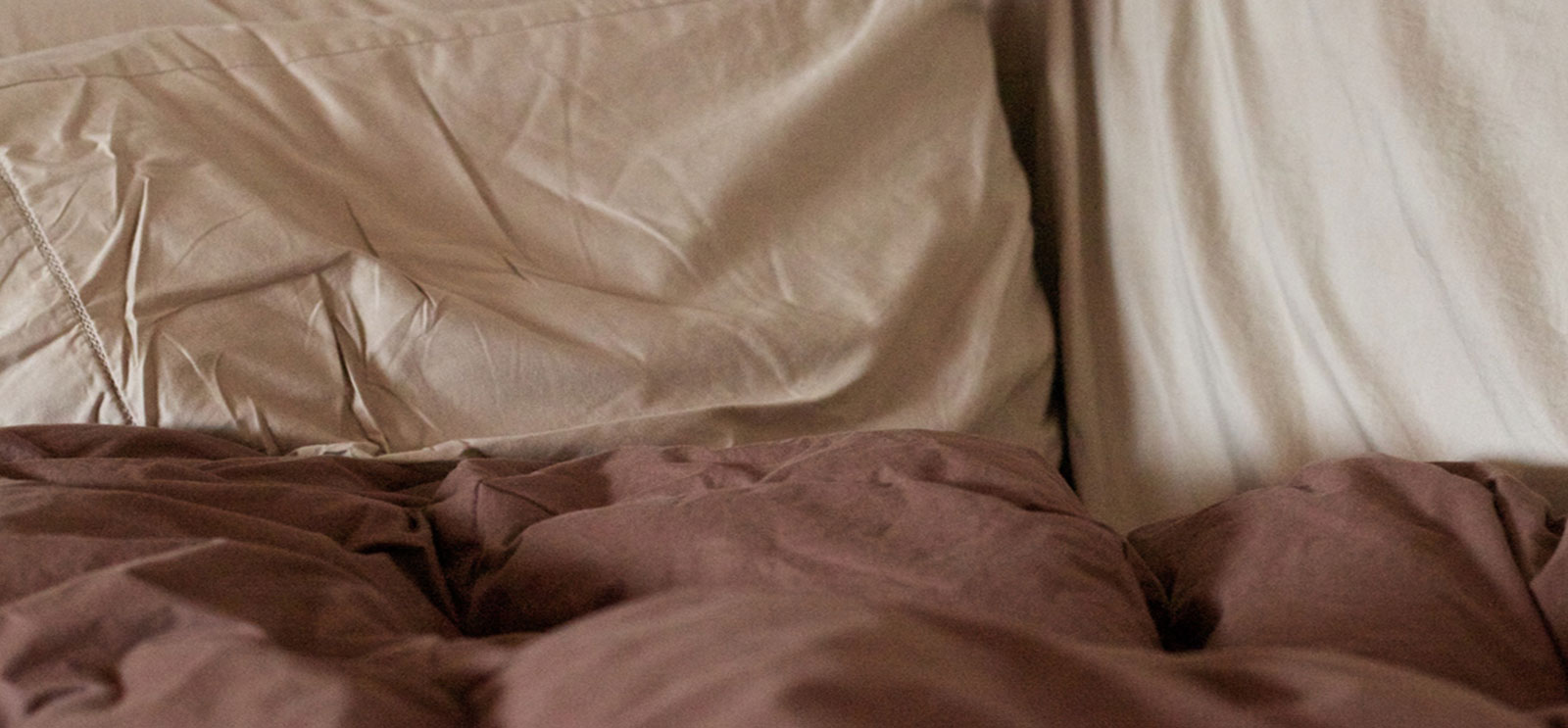
(Photography by Alan Levine, CC BY 2.0)
A selection of recent faculty research news.
Sleep well, be well
The benefits of a sound night’s sleep may include a lowered risk of diabetes. A study coauthored by UChicago Medicine sleep researcher Esra Tasali and colleagues including Kristen Wroblewski, SB’00, SM’01; Magdalena Stepien, AB’10; and Khalid Sharif-Sidi, AB’10, focused on prediabetics, people whose blood sugar levels are above normal but not yet in the diabetes range.
Prediabetics often suffer from sleep apnea, episodes where the upper airway closes during sleep. This may lead to a lowered ability to regulate blood sugar levels, which increases the risk of full-blown diabetes.
The study, published online April 21 in the American Journal of Respiratory and Critical Care Medicine, followed two groups of patients with prediabetes, one given an oral placebo before bed and the other sleeping eight hours a night with the aid of a continuous positive airway pressure (CPAP) device. Subjects who used the CPAP showed better blood sugar control, lower levels of the stress hormone norepinephrine, and lower blood pressure.
Pop science
Soda taxes have become a common but controversial public health policy in the United States, as sugary drinks have been increasingly linked to obesity, diabetes, heart disease, and gout. To find out whether those taxes lower consumption, Chicago Harris researcher Jeffrey Grogger, the Irving Harris Professor in Urban Policy, turned to Mexico, where a nationwide tax on all drinks with added sugar went into effect in January 2014. In a National Bureau of Economic Research working paper this May, Grogger analyzed prices in 46 Mexican cities before and after the soda tax began.
A tax of 9 percent led soda prices to rise even more, to a total of 12 percent higher. The prices of most untaxed drinks—bottled water, plain juices, and milk—remained largely unchanged. But diet sodas, untaxed because they are artificially rather than sugar sweetened, saw a jump in price, likely tied to increased demand. Grogger concludes that there is reason to believe that soda taxes can work over time to change consumption.
Hitting the pitch
For adults, it may not be too late to acquire perfect pitch, the rare ability to identify a note by hearing it. In a study of adults without perfect pitch, UChicago psychology professor Howard Nusbaum, LAB’72, found that subjects’ ability to pick up the skill was closely tied to their auditory working memory.
The greater its capacity, the better their chances of reaching perfect pitch, long thought to be out of reach for those who did not pick it up in childhood. Nusbaum and his collaborators trained participants of varying musical experience to recognize individual notes and found unexpected improvements in their ability. Retesting participants months later, the researchers found that their skills slipped slightly, but mostly held.
Coauthors on the study, published in the July Cognition, include Stephen C. Van Hedger, AB’09, AM’12; Shannon L. M. Heald, AB’02, AM’05, PhD’12; and College student Rachelle Koch, ’16.
Expending energy
Investments in energy efficiency don’t always add up to savings. In a study evaluating the federal Weatherization Assistance Program, which provides low-income households with money for upgrades such as new furnaces, wall and attic insulation, and weather stripping, a research team including UChicago economist Michael Greenstone, LAB’87, director of the Energy Policy Institute at UChicago, found that upgrade costs were double the households’ energy savings.
A randomized controlled trial of more than 30,000 Michigan households, a quarter of which received federal weatherization subsidies, showed that $5,000 in upgrades reduced energy consumption by 10 to 20 percent per month, but that translated to only $2,400 in savings over the lifetime of the upgrades. Researchers released their results in a June working paper.
